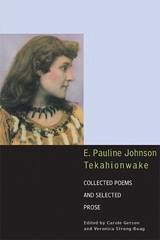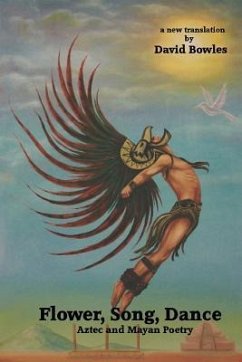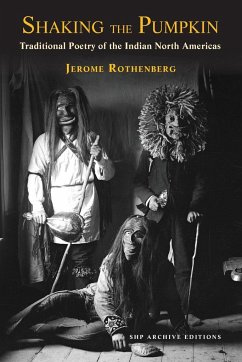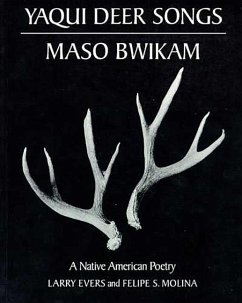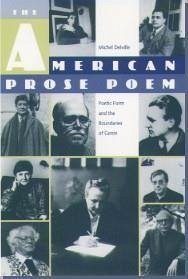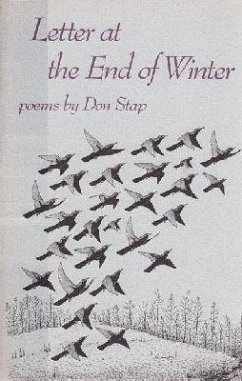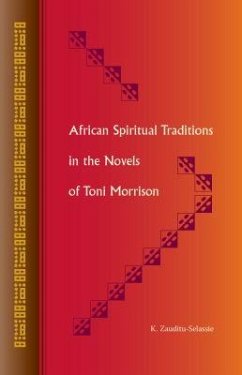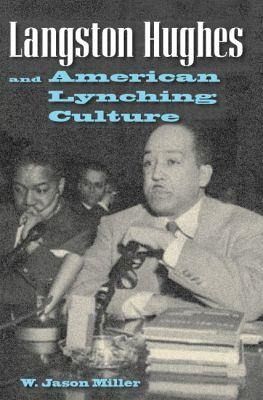
Langston Hughes and American Lynching Culture
Versandkostenfrei!
Versandfertig in über 4 Wochen
19,99 €
inkl. MwSt.

PAYBACK Punkte
10 °P sammeln!
Langston Hughes never knew of an America where lynching was absent from the cultural landscape. Jason Miller investigates the nearly three dozen poems written by Hughes on the subject of lynching to explore its varying effects on survivors, victims, and accomplices as they resisted, accepted, and executed this brutal form of sadistic torture. Starting from Hughes's life as a teenager during the Red Summer of 1919 and moving through the civil rights movement that took place toward the end of Hughes's life, Miller initiates an important dialogue between America's neglected history of lynching an...
Langston Hughes never knew of an America where lynching was absent from the cultural landscape. Jason Miller investigates the nearly three dozen poems written by Hughes on the subject of lynching to explore its varying effects on survivors, victims, and accomplices as they resisted, accepted, and executed this brutal form of sadistic torture. Starting from Hughes's life as a teenager during the Red Summer of 1919 and moving through the civil rights movement that took place toward the end of Hughes's life, Miller initiates an important dialogue between America's neglected history of lynching and some of the world’s most significant poems. This extended study of the centrality of these heinous acts to Hughes's artistic development, aesthetics, and activism represents a significant and long-overdue contribution to our understanding of the art and politics of Langston Hughes.





